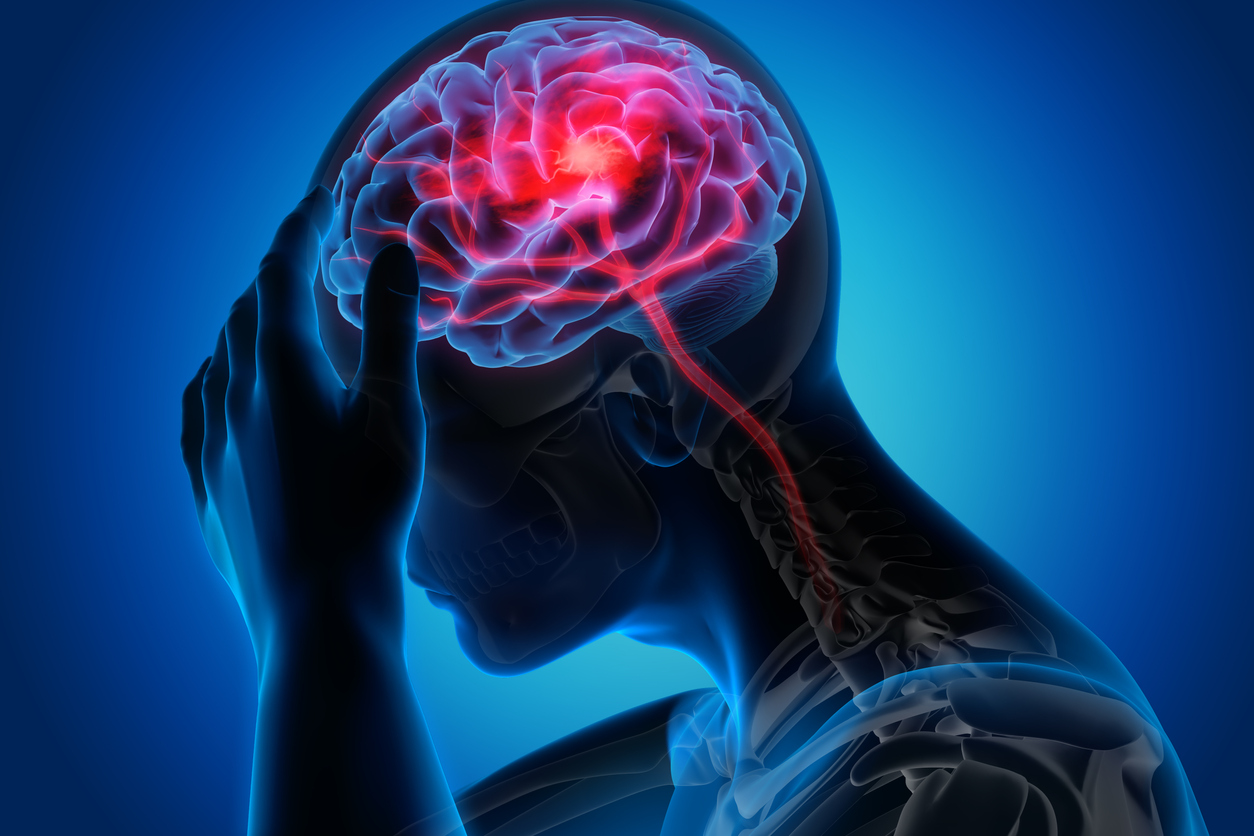Unveiling the Mystery of Stroke: Symptoms, Treatment, and the Pursuit of Excellence in Neurology
Author : Mukesh Kumar | Published On : 14 Mar 2024
A stroke, often referred to as a "brain attack," is a medical emergency that occurs when blood flow to a part of the brain is interrupted or reduced. This interruption deprives brain tissue of oxygen and nutrients, leading to the rapid death of brain cells. Strokes can result from two main causes:
Understanding Types of Stroke with Dr. Mukesh Kumar: Your Path to Recovery with the Best Neurologist for Stroke Treatment
Ischemic Stroke: This type of stroke occurs when a blood vessel supplying blood to the brain is obstructed, usually by a blood clot. Ischemic strokes are the most common type, accounting for around 85% of all strokes.
Hemorrhagic Stroke: Hemorrhagic strokes happen when a blood vessel in the brain ruptures or leaks, leading to bleeding within the brain tissue. This bleeding can cause swelling and increased pressure on surrounding brain cells.

The consequences of a stroke can vary depending on the part of the brain affected and the extent of the damage. Common symptoms of stroke include sudden weakness or numbness in the face, arm, or leg (often on one side of the body), difficulty speaking or understanding speech, vision problems, severe headache, dizziness, and loss of balance or coordination.
Symptoms:
The signs of a stroke can vary but often manifest suddenly. Individuals may experience facial drooping, arm weakness, speech difficulties, and confusion. Other indicators include sudden numbness or weakness on one side of the body, severe headache, dizziness, and difficulty walking. Recognizing these symptoms and seeking immediate medical attention can make a significant difference in treatment outcomes.
Treatment:
Treatment approaches for strokes primarily depend on whether they are ischemic or hemorrhagic. Ischemic strokes, caused by blood clots, are often managed with thrombolytic therapy, such as tissue plasminogen activator (tPA), or mechanical thrombectomy to remove the clot. Hemorrhagic strokes, stemming from blood vessel rupture, may require surgical intervention to repair vessel abnormalities or control bleeding. Rehabilitation post-stroke, encompassing physical, occupational, and speech therapy, is essential for restoring functionality and improving quality of life.
Best Neurologist for Stroke Treatment:
In the realm of stroke care, the expertise of a best neurologist is paramount. Dr. Mukesh Kumar emerges as a beacon of innovation and compassion. With a wealth of experience and expertise in neurology, Dr. Kumar is renowned for his groundbreaking contributions to stroke treatment. His dedication to advancing stroke care has earned him recognition as a pioneer in the field.
Dr. Kumar's multidisciplinary approach combines cutting-edge medical techniques with personalized patient care. His commitment to excellence is reflected in his holistic approach, addressing not only the physical aspects of stroke but also the emotional and psychological well-being of patients and their families.
Conclusion:
Stroke remains a formidable health challenge, but with the expertise of best neurologists like Dr. Mukesh Kumar, there is hope for improved outcomes. By raising awareness, supporting research, and advocating for accessible stroke care, we can pave the way for a brighter future for stroke survivors. Let us continue to shine a light on stroke recovery, ensuring that individuals receive the timely and comprehensive care they deserve.
